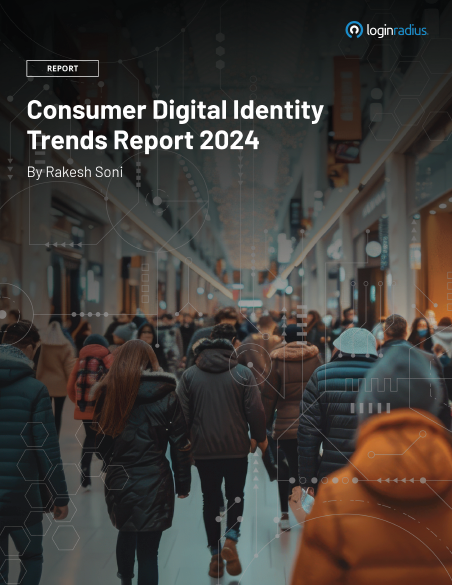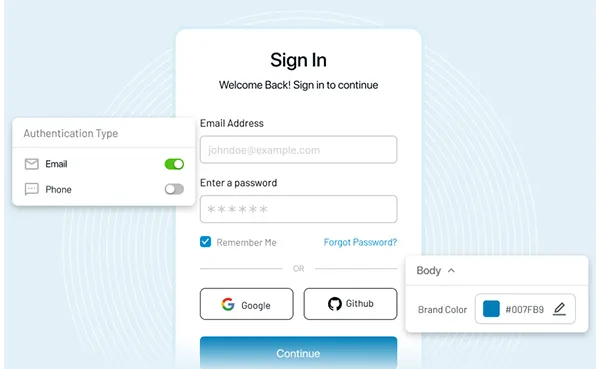Introduction
As the retail industry becomes increasingly digitized, digital identity is quickly gaining traction as a critical driver of success.
Simply put, digital identity is the collection of data points that define who an individual is in the digital world, including their online behaviors, preferences, and interactions with digital platforms.
With the rise of e-commerce, mobile shopping, and social media, retailers can use digital identity to personalize the customer experience, optimize marketing efforts, and drive sales.
Let’s look at the aspects of digital identity and how it paves the way for overall retail business growth.
What is Digital Identity?
Digital identity is the collection of data points that define an individual in the digital world. This includes online behaviors, preferences, and interactions with digital platforms.
With the rise of e-commerce, mobile shopping, and social media, retailers can use digital identity to create a personalized shopping experience for each customer.
The Benefits of Personalized Marketing
One of the most significant advantages of digital identity for retailers is the ability to tailor the customer experience to each individual's preferences and needs.
By collecting data on shopping habits, purchase history, and online interactions, retailers can create highly personalized marketing campaigns that speak directly to each customer.
For example, a retailer could send targeted emails with product recommendations based on a customer's browsing history or offer discounts on items that they have previously purchased.
Optimizing Marketing Efforts with Digital Identity
In addition to personalizing the shopping experience, digital identity can help retailers optimize their marketing efforts.
By analyzing data on customer behavior, retailers can gain insights into which marketing channels are most effective, which products are most popular, and which promotions drive the most sales. This information can be used to fine-tune marketing strategies and maximize ROI.
Creating a Seamless Omnichannel Shopping Experience
Another key benefit of digital identity is the ability to create a seamless, omnichannel shopping experience. With the rise of mobile shopping, customers expect to be able to move seamlessly between online and offline channels, with a consistent experience across all touchpoints.
By leveraging digital identity, retailers can create a unified view of each customer that spans all channels, allowing them to deliver a seamless experience whether browsing on a mobile device or shopping in-store.
Privacy and Security Concerns
However, as with any collection of personal data, there are concerns about privacy and security regarding digital identity.
Retailers must be transparent about their data collection practices and comply with all relevant data protection regulations. They must also take steps to secure customer data against breaches and cyber attacks, which can be incredibly challenging given the large amounts of data involved in digital identity.
Digital Identity in the Beauty Industry
One industry that has already embraced digital identity is the beauty industry. With the rise of social media and influencer marketing, beauty brands have quickly leveraged digital identity to create personalized, social media-driven marketing campaigns.
By analyzing customer preferences and social media activity data, beauty brands can create targeted campaigns that resonate with their target audience, driving sales and building brand loyalty.
Digital Identity in the Fashion Industry
Another industry that is beginning to embrace digital identity is the fashion industry. By analyzing customer preferences and shopping habits, fashion retailers can create personalized marketing campaigns that speak directly to each customer.
For example, a retailer could send targeted emails with product recommendations based on a customer's browsing history or offer discounts on items that they have previously purchased. By leveraging digital identity, fashion retailers can create a shopping experience tailored to each customer, maximizing sales and building customer loyalty.
Conclusion
Digital identity is the future of successful retail operations. By leveraging the power of data and personalization, retailers can create a shopping experience tailored to each customer, maximizing sales and building customer loyalty.
However, retailers must also be mindful of the privacy and security implications of collecting and using customer data and take steps to ensure that they are complying with all relevant regulations.
As the retail industry continues evolving and increasingly digitizing, digital identity will become an essential tool for retailers looking to stay competitive.

















